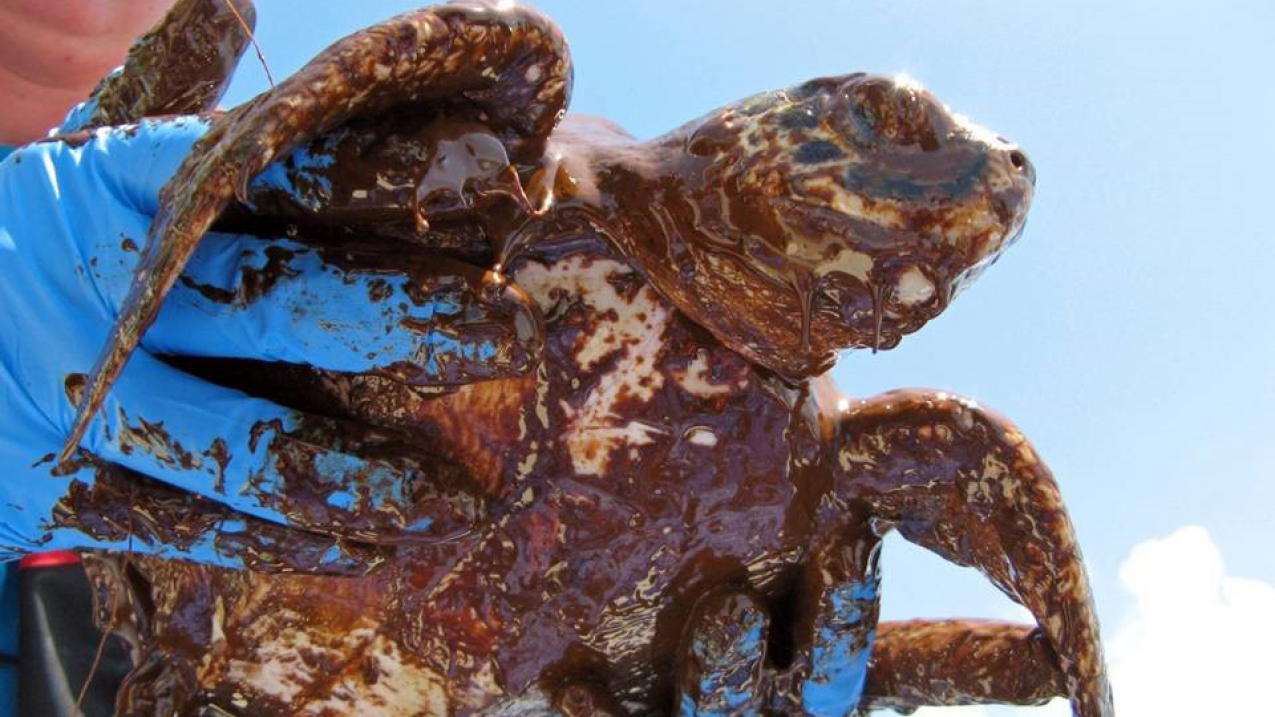- Sep 19, 2011
- 28,393
- 9,970
- 900
It would add 590,000 barrels per day to its existing capacity of 300,000 barrels per day.
From Vancouver, the oil could be shipped on tankers to Asia or elsewhere.

 yaleclimateconnections.org
Keystone was to carry 700 barrels over 1 mile on dry land with 16 monitors detecting links.
yaleclimateconnections.org
Keystone was to carry 700 barrels over 1 mile on dry land with 16 monitors detecting links.
But now to move the oil from Canada to Asia means 1 million barrels traveling one mil on the open ocean 24 hours a day.
1 million barrels per day on the open ocean.
Remember Exxon Valdez 1989 and this was just 200,000 barrels.
So where are the environmentalists?



From Vancouver, the oil could be shipped on tankers to Asia or elsewhere.

Canada's oil sands industry is taking a big hit » Yale Climate Connections
With the Biden administration cancellation of the Keystone XL Pipeline, a troubled industry seeks ways to transport its product.
But now to move the oil from Canada to Asia means 1 million barrels traveling one mil on the open ocean 24 hours a day.
1 million barrels per day on the open ocean.
Remember Exxon Valdez 1989 and this was just 200,000 barrels.
So where are the environmentalists?




:max_bytes(150000):strip_icc()/iStock-513594494-5988cb94aad52b0010eb32a6.jpg)